
A review is in progress to open a New Zealand Online Gambling Authority. Plus, new study on Asian gambling sparks debate! (Image from Dan Freeman on unsplash.com)
New Zealand is becoming a major market for offshore gambling products, with the ‘so-called’ unregulated online gambling set to reach $600 million in 2025.
With more people using the Internet to gamble in the country, there is now a case for the government to step and regulate the industry.
New Zealand casinos, such as SkyCity and Christchurch Casino, have recently announced they are launching their own online gambling sites in Malta.
However, the government is not allowing these operators to advertise in New Zealand under the New Zealand Gambling Commission rules simply because there is no framework under the authority to regulate online gambling.
Earlier this year, the Ministry of Internal Affairs announced a review of the New Zealand gambling industry, and it is now underway. The ministry said that the proposals would be presented to Cabinet before the end of the year. In the meantime, National’s internal affairs spokesperson said he was waiting for the Government’s decision on the matter.
The NZ government has already funded relevant government departments and organisations to investigate conjectured taxes on gambling. Plus, some officials are rumoured to have also attended recently industry-sponsored and industry-supported iGaming and sports betting events to investigate the matter further.
Is Gambling Really ‘Unregulated’ in New Zealand?
Technically yes. When the country’s government uses the term ‘unregulated’, they are referring to the current situation in which there is no domestic iGaming licence. An example of a domestic authority regulating online casinos and sports betting, retail sports betting and land-based casino markets in its country would be the UK Gambling Commission (UKGC). Under the current New Zealand Gambling Commission, there are only regulations in place for land-based casinos. As a result, there is no pathway for online casino companies to open a business within the country.
At this time, most online casinos accepting New Zealanders are run by operators using the Malta Gaming Authority (MGA) licence. This is a global licencing authority that requires casinos to adhere to strict AML (anti-money laundering), KYC (Know Your Customer) checks, and responsible gambling rules. The rules ensure the casinos do not break financial laws, prevent underage gambling, and control the issue of problem gambling. The MGA licence also protects New Zealanders under EU consumer rights and privacy laws, while the financial rules also protect player balances from casino bankruptcy. Although from the government’s point of view, this counts as unregulated gambling, in fact it is regulated gambling from afar (overseas).
With this being said, there are still plenty of rogue online casinos out there without an iGaming or sports betting licence from a reputable authority. The problem is, some players in New Zealand still fall foul of these establishments. Problems include accounts closure for no reason, fake games representing well-known brands (a little like a knock-off t-shirt) and some deny payouts to big winners for no valid reason. It is these rogue casinos that worry the government. On top of this, the country isn’t earning any tax with billions of NZD leaving the country. Tax is one of the key reasons an increasing number of governments are looking to add, or have already added, domestic licencing.
Recap of Gambling Licences
- NZ players should play at MGA-licenced casinos
- MGA licence requires casinos to offer responsible gambling tools
- Under MGA licensing casinos must follow AML & KYC rules
- MGA rules protect player balances from casino bankruptcy
- Avoid unlicenced casinos as they are causing problems for NZ citizens
- NZ government wants to protect players from rogue (unlicenced) casinos
- The solution is to introduce a domestic NZ online gambling authority
What are responsible gambling tools? MGA-licenced casinos offer players software to limit daily, weekly, and monthly deposits. There is also a reality check pop-up so players can see their win-loss amounts while playing games as well as the session time. Furthermore, players have the option to self-exclude or take a time out by banning themselves from real money gaming for 1 hour up to 6 months.
A Study on Asian New Zealanders Contributes to Domestic Gambling Debate
A study by Asian Family Services, an organisation focused on gambling harm prevention, has found that a large percentage of Asian New Zealanders have taken part in online gambling within the past year. While the majority engage in gambling responsibly and play within their financial limits, some take it too far. A common theme in many markets, in my opinion.
The organisers of the study said that the reasons behind this high prevalence of problem gambling among Asians are complex, but it is possible to identify common cultural beliefs and traditions that may facilitate the issue. Further research is required to investigate the underlying causes and outcomes of gambling addiction among this group. It is essential to understand these beliefs and to identify possible interventions and strategies.
Organiser also stated that research on gambling needs to consider cultural differences, as many New Zealanders come from cultures that don’t have a history of gambling. Despite this, the institutions in the country have done little to examine the reasons people gamble and whether gambling behaviour varies among different ethnic groups. This project aims to fill that gap by creating a framework that explains the reasons behind the gambling behaviours of those different ethnic groups.
Recap of Study
- Gambling study approved by the University of Auckland
- Findings suggest a large percentage of Asian New Zealanders gamble
- Most people gamble responsibly, but not all
- Further research needs to consider cultural differences
- NZ government/institutions have done little to examine why people gamble
- The outcome of the research hopes to discover why different cultures gamble
Voluntary Participants: The Human Participants Ethics Committee at the University of Auckland approved the study. Participants filled out a consent form and information sheet about the survey. It informed them that their answers would remain anonymous and also provided contact details for local ethnic problem gambling agencies.



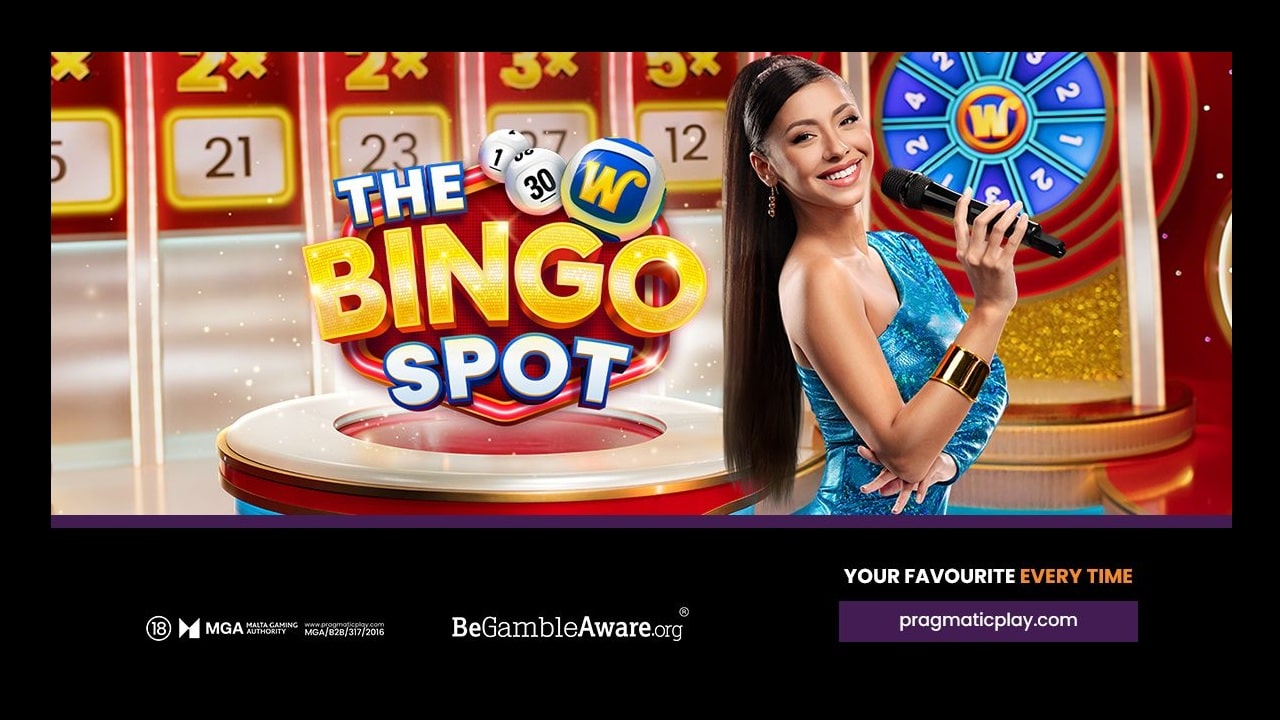
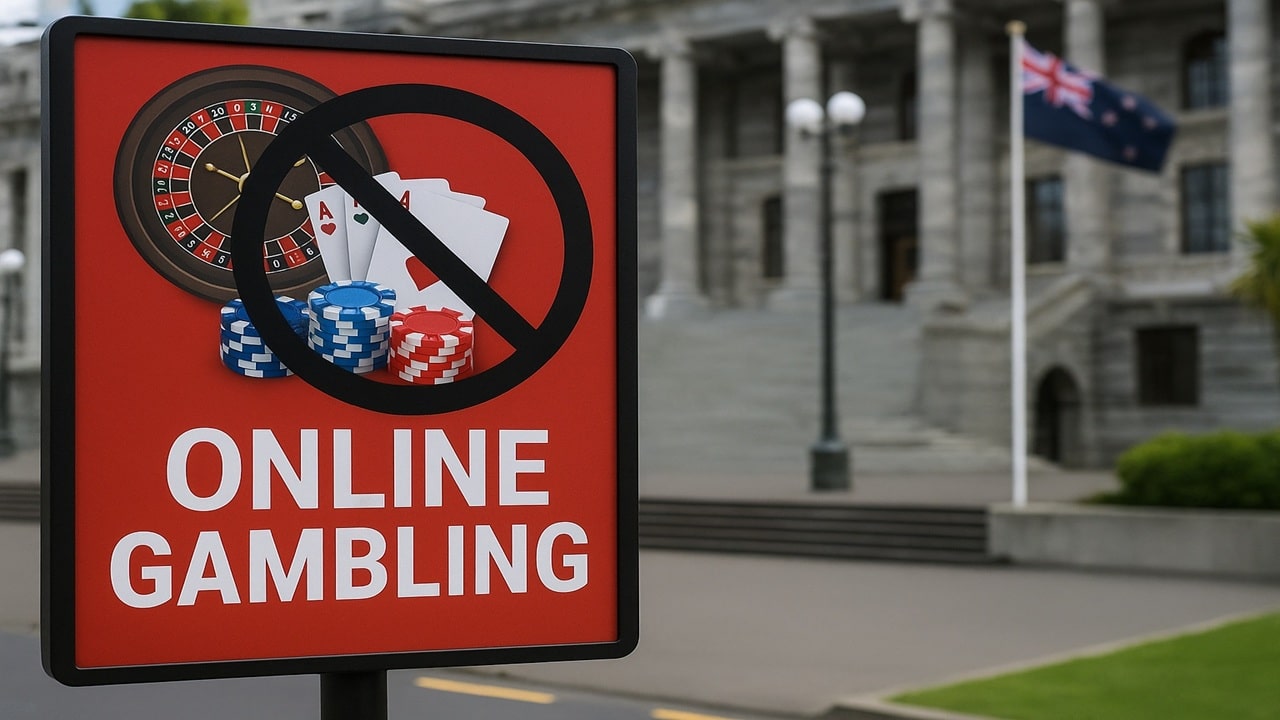


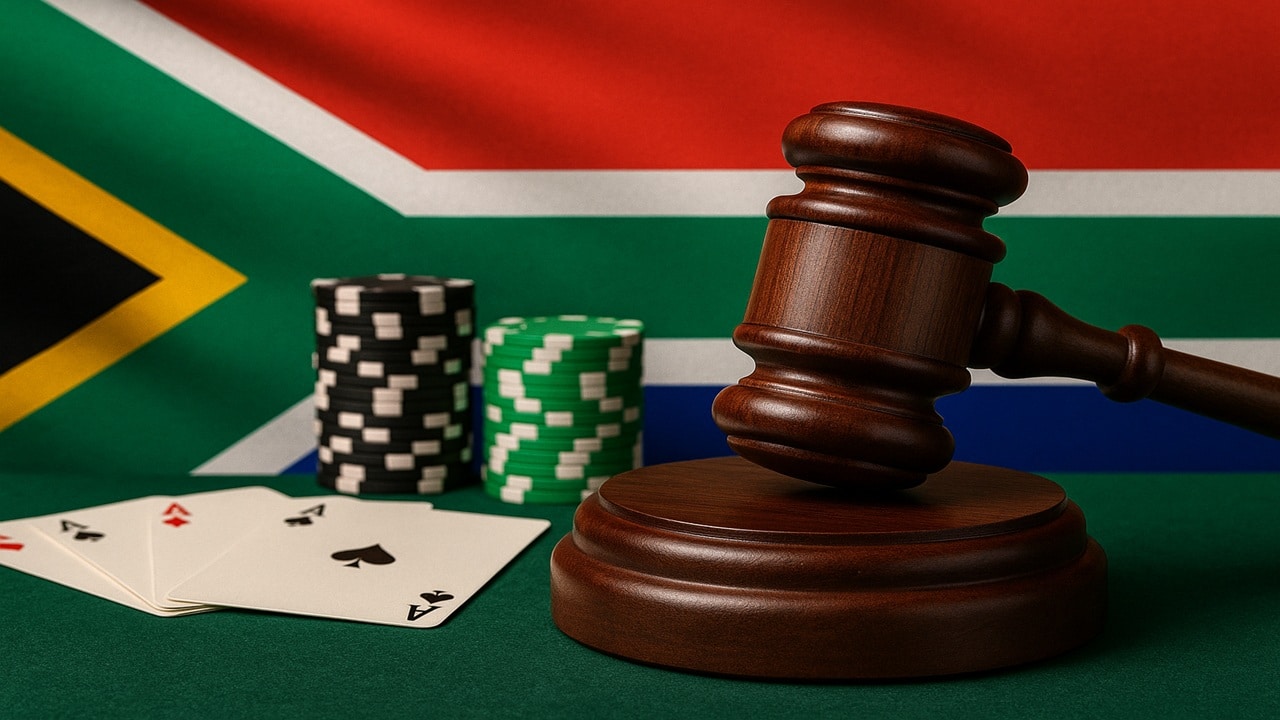
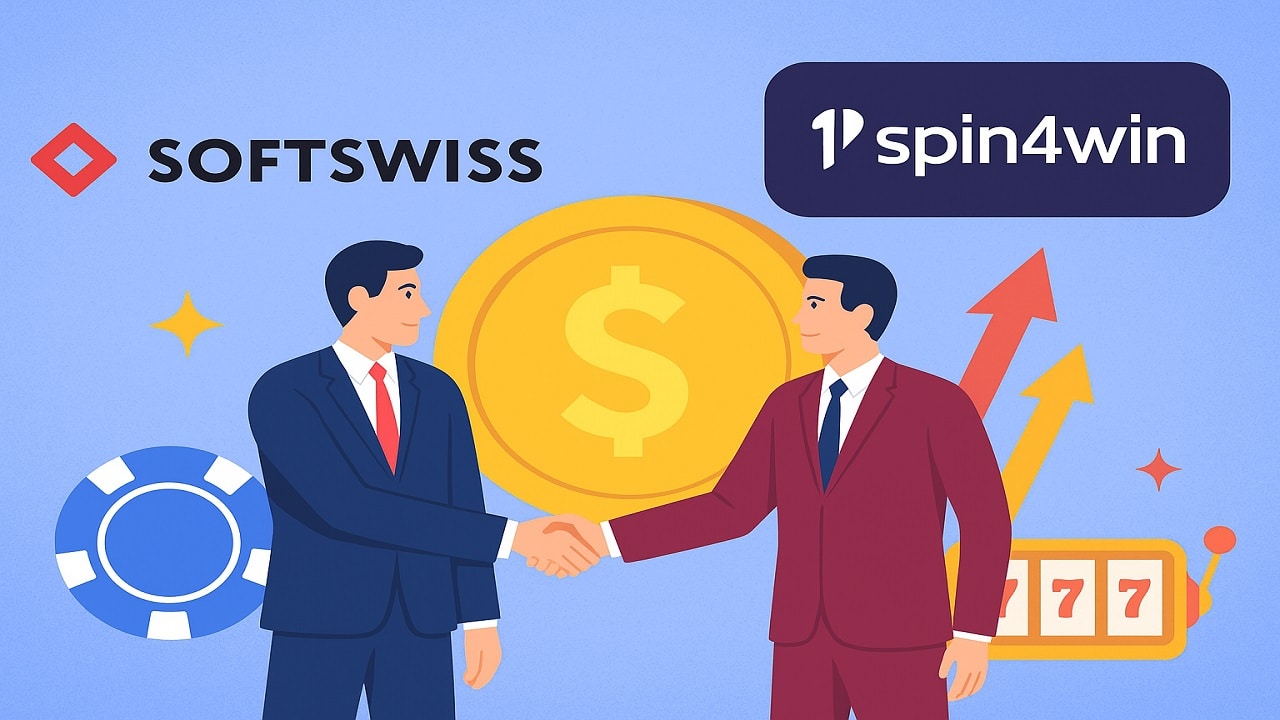
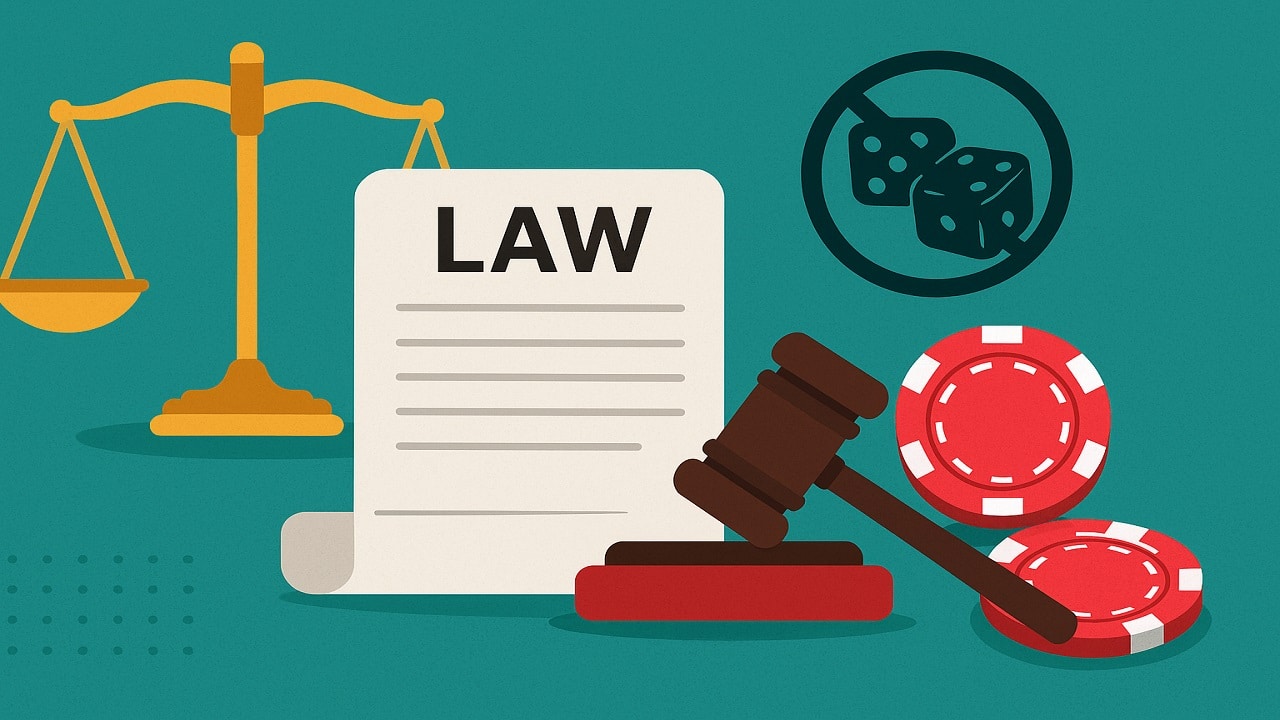
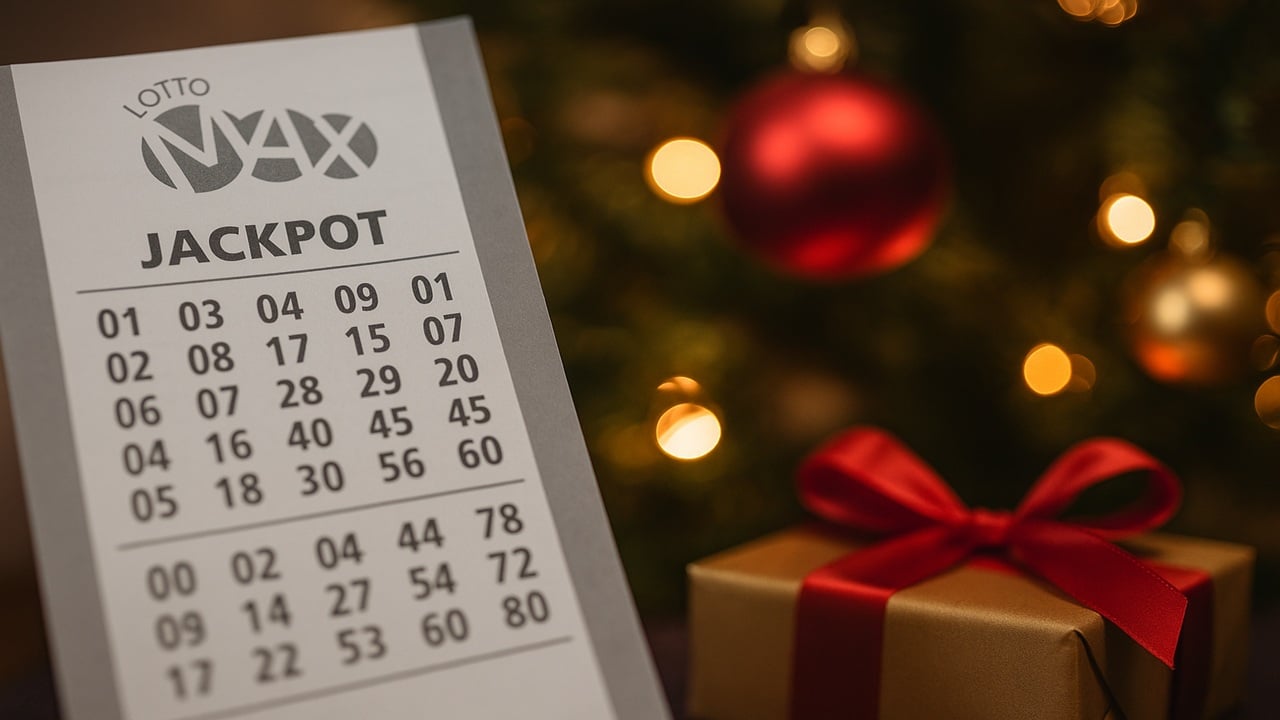
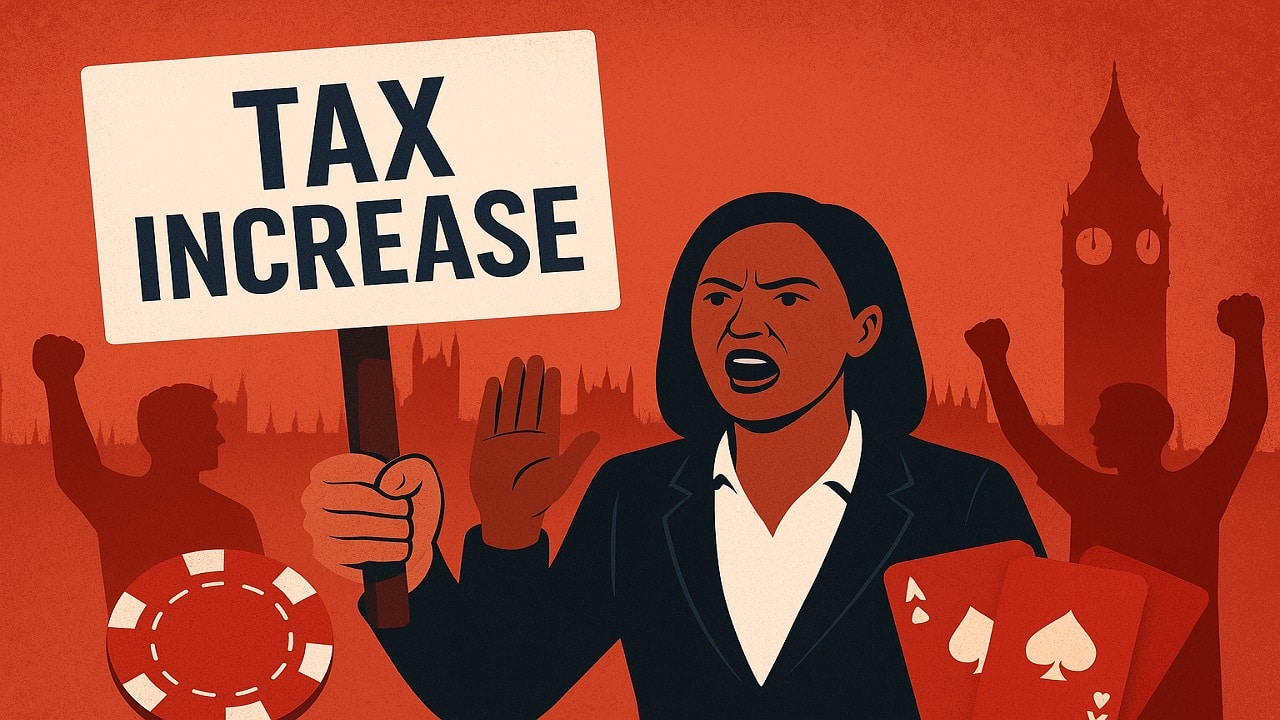
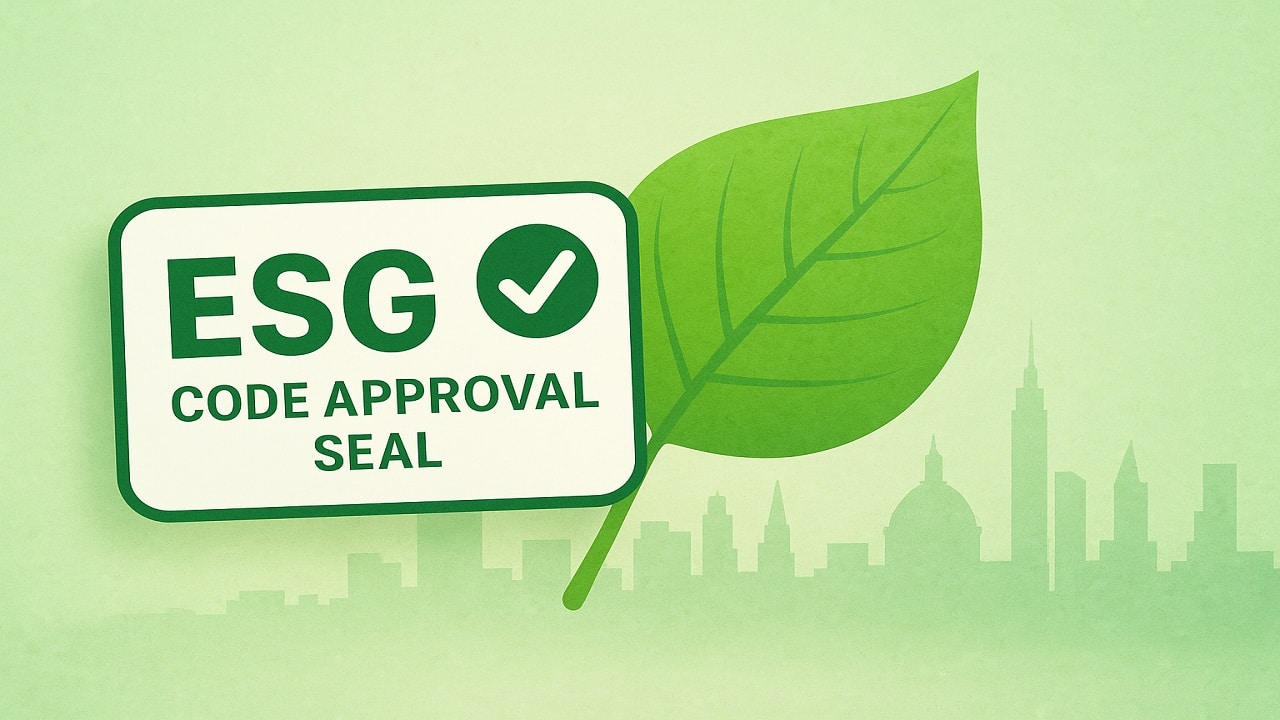
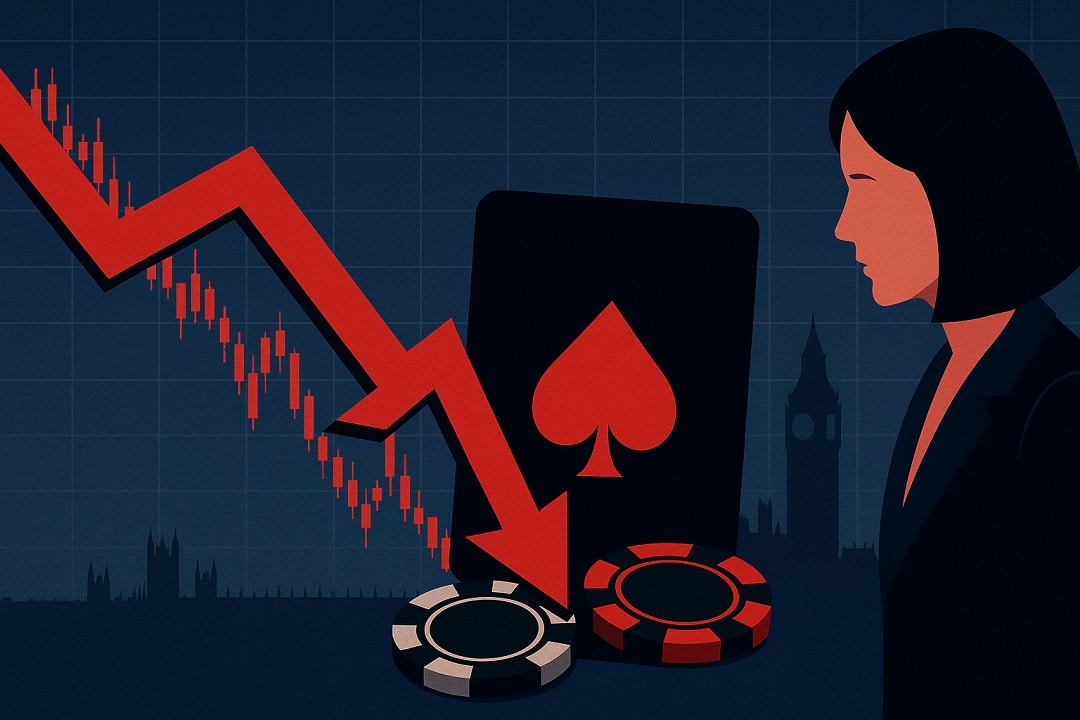
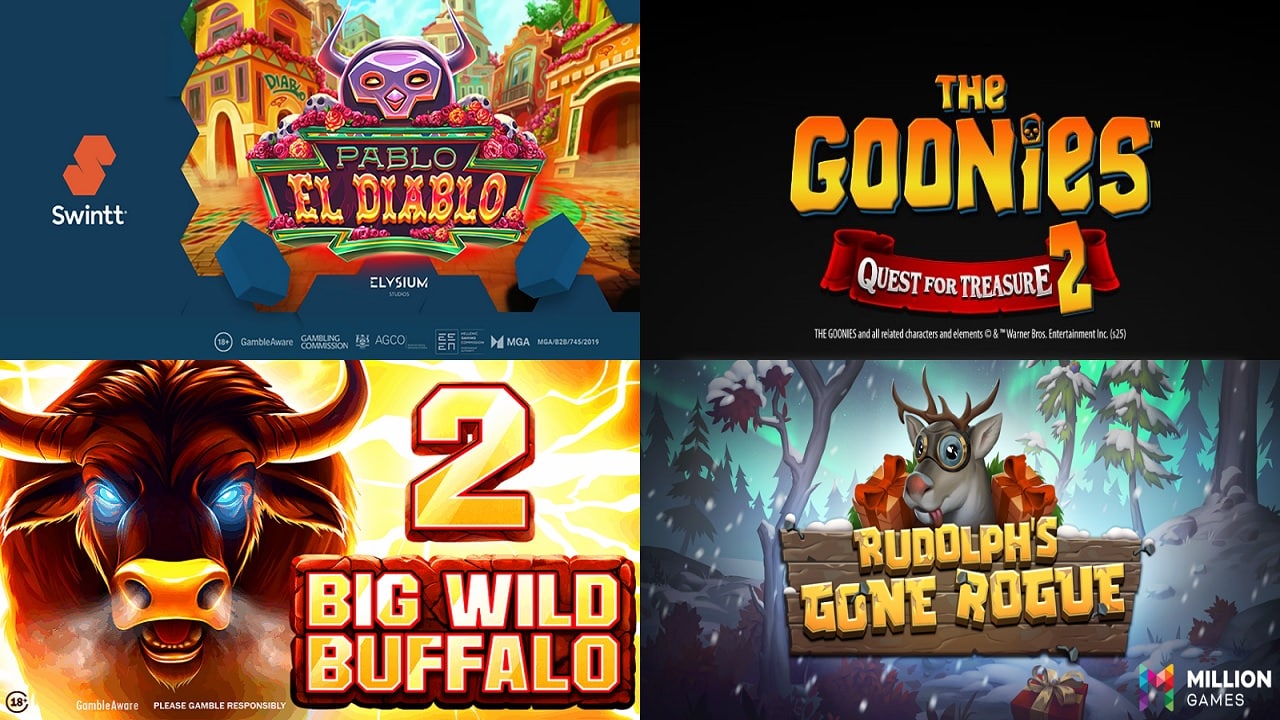

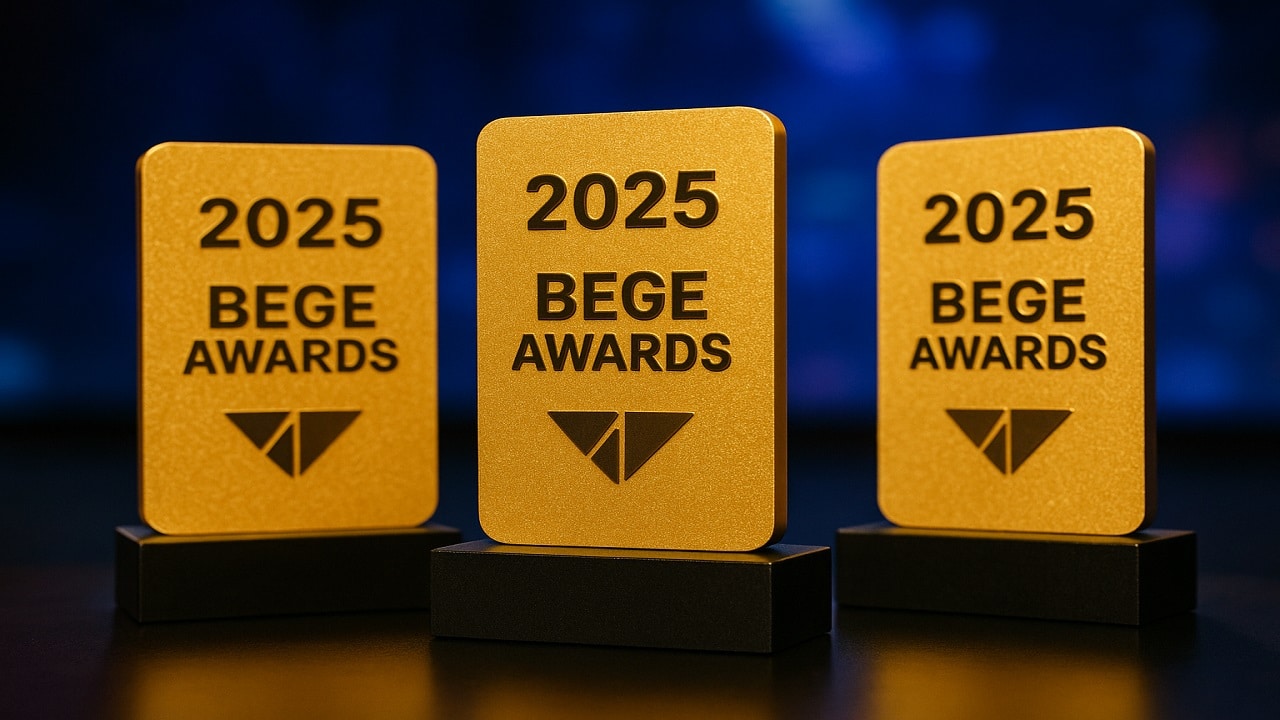
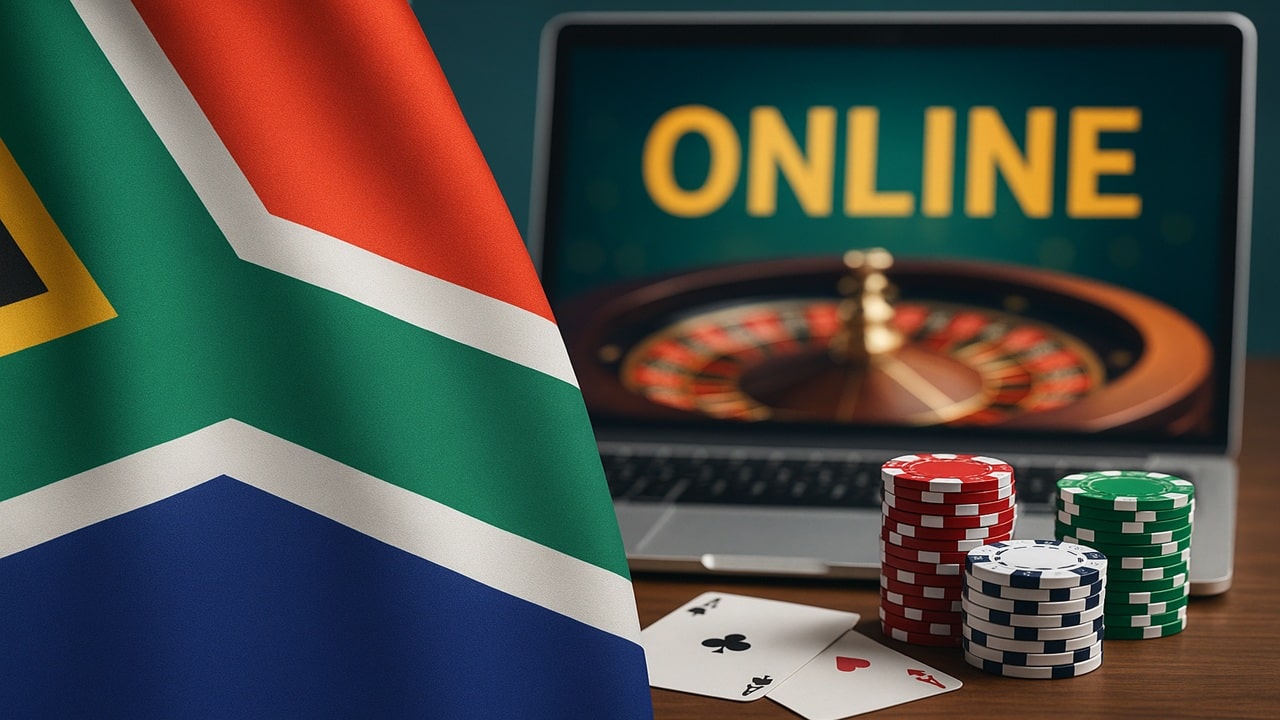
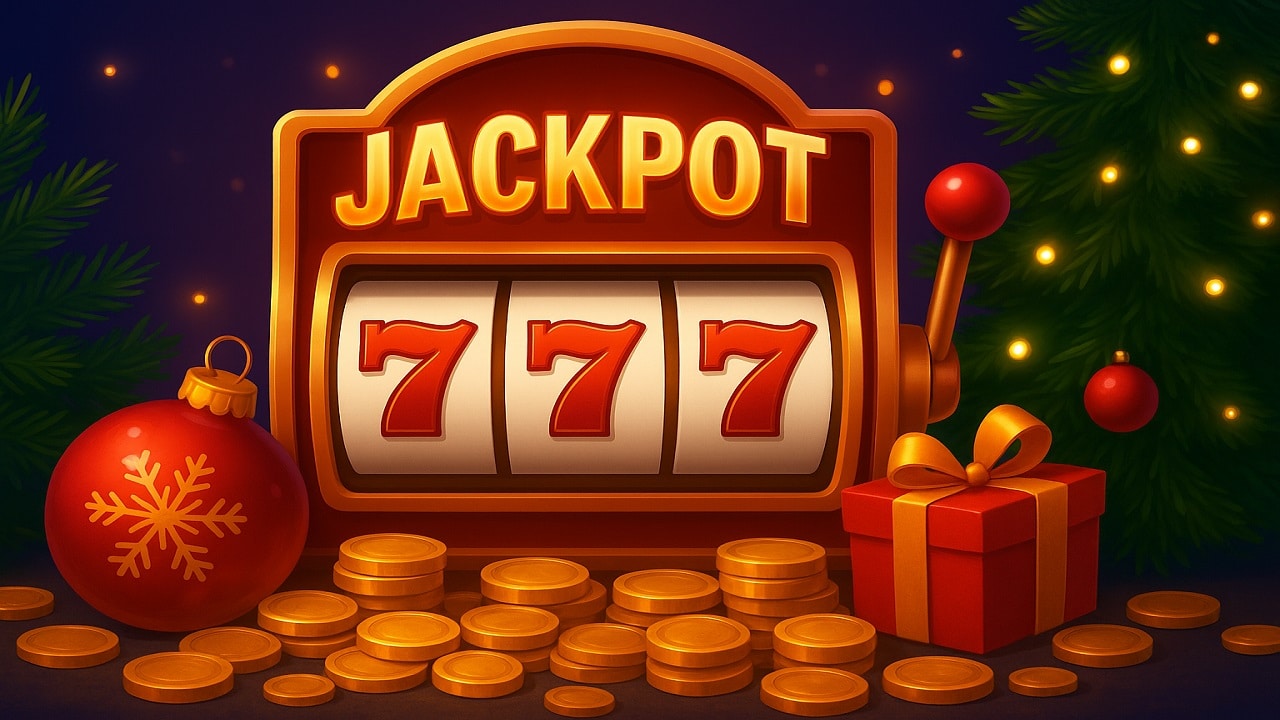

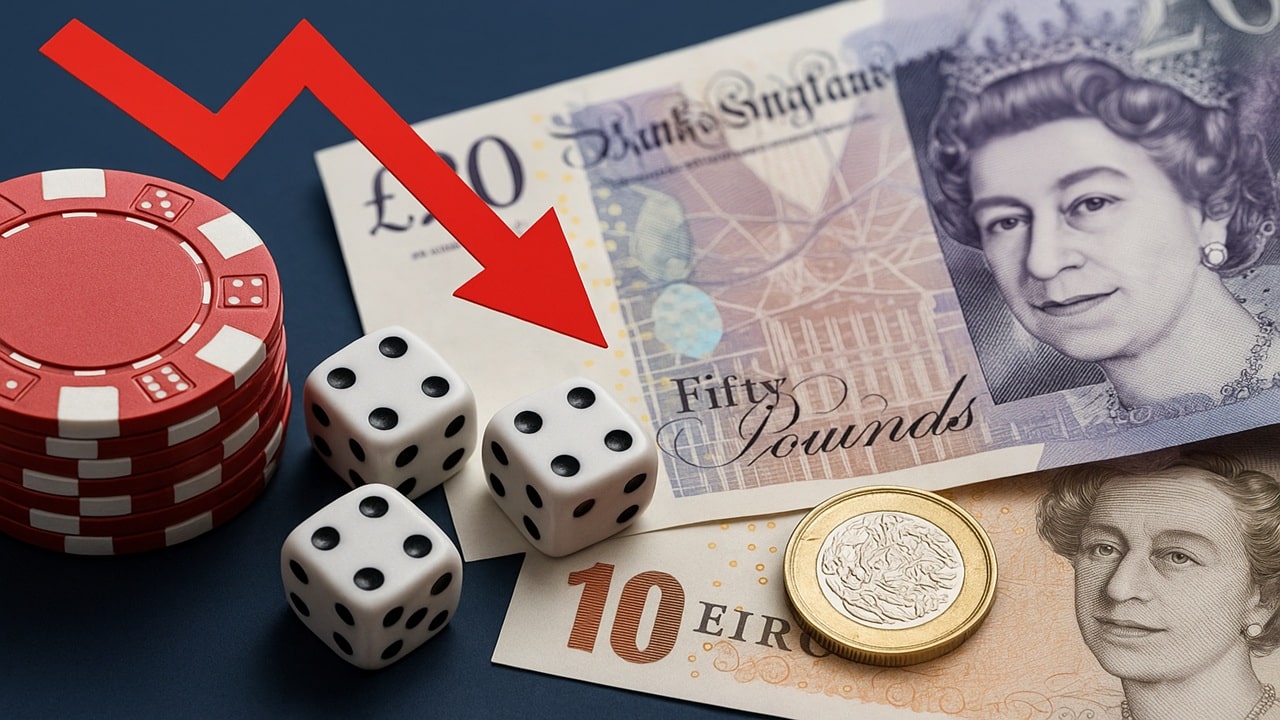

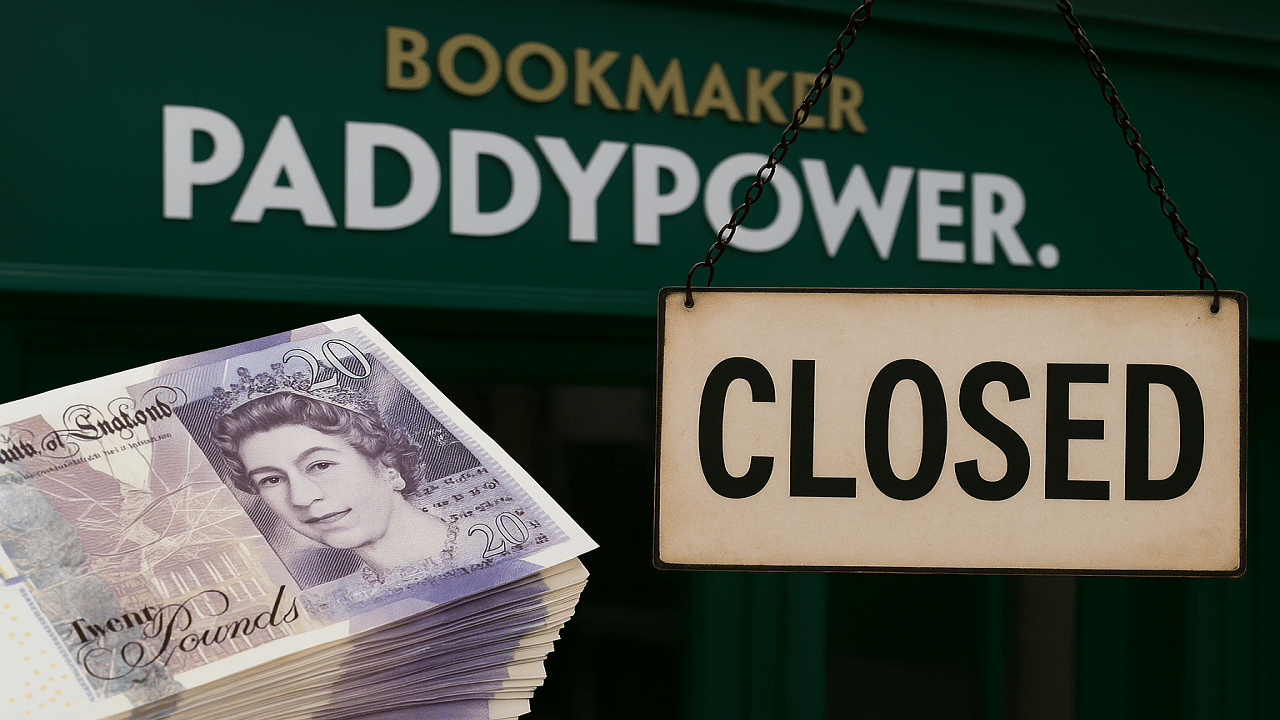
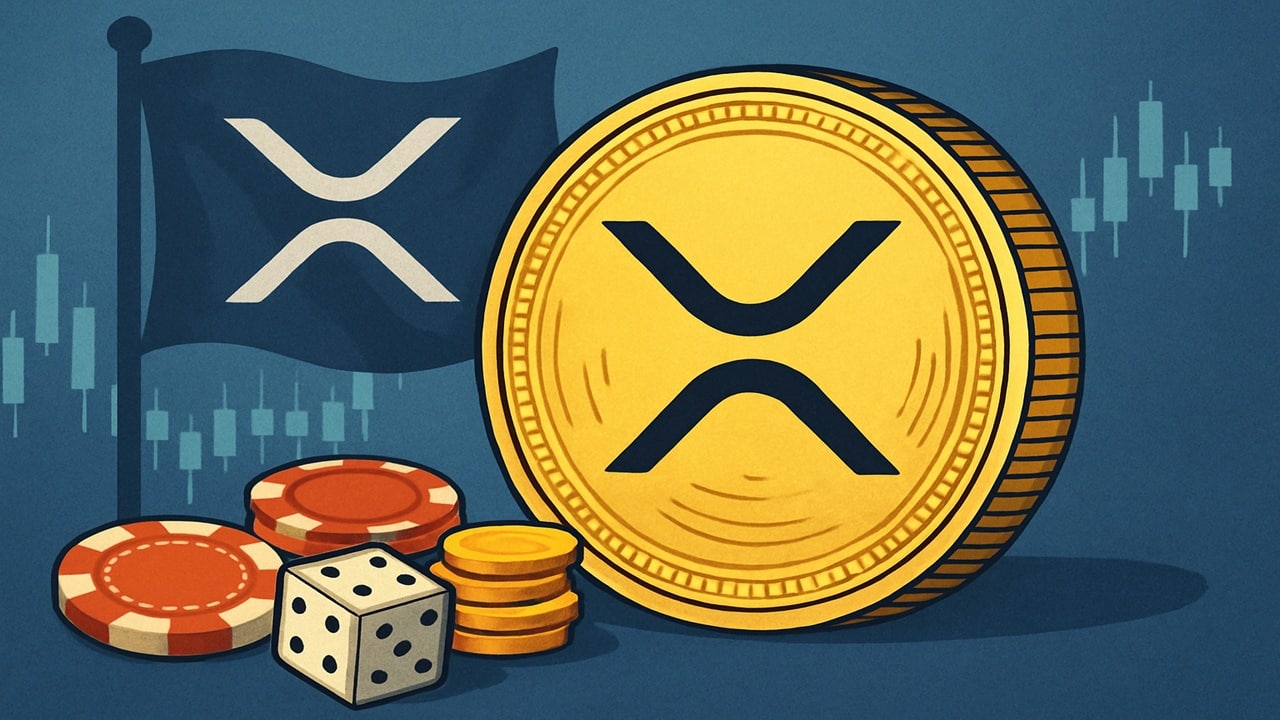
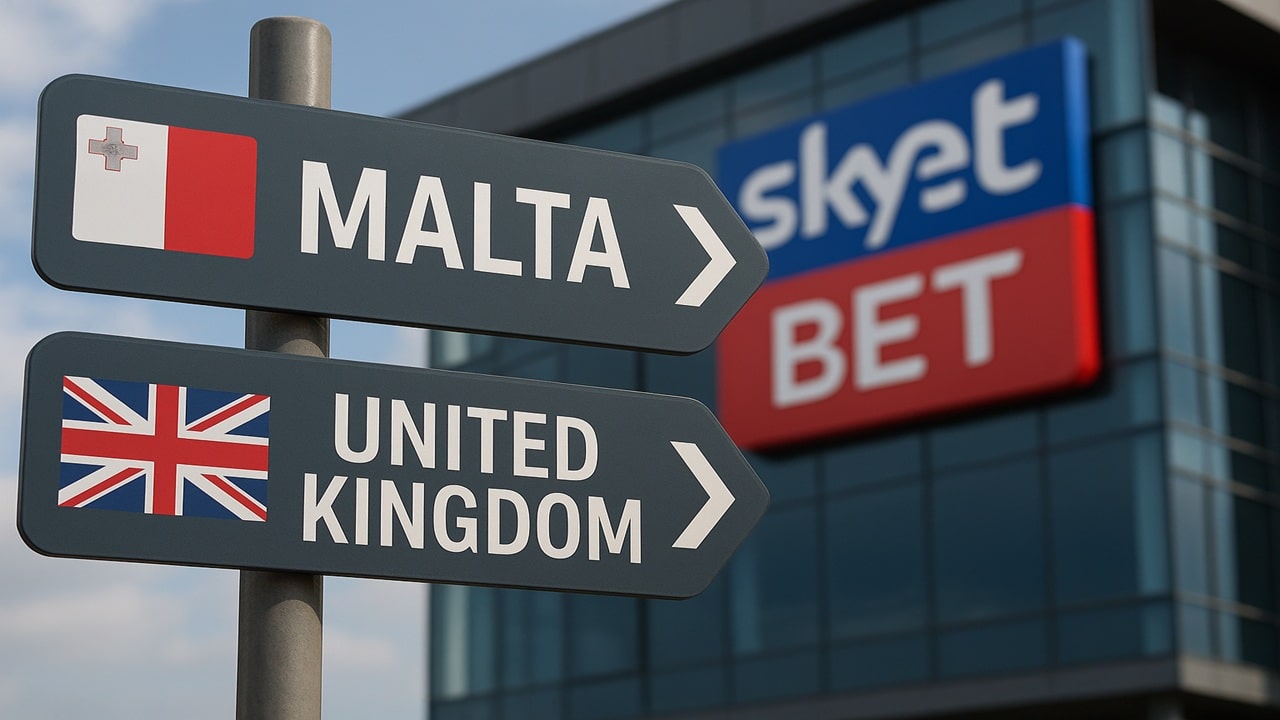
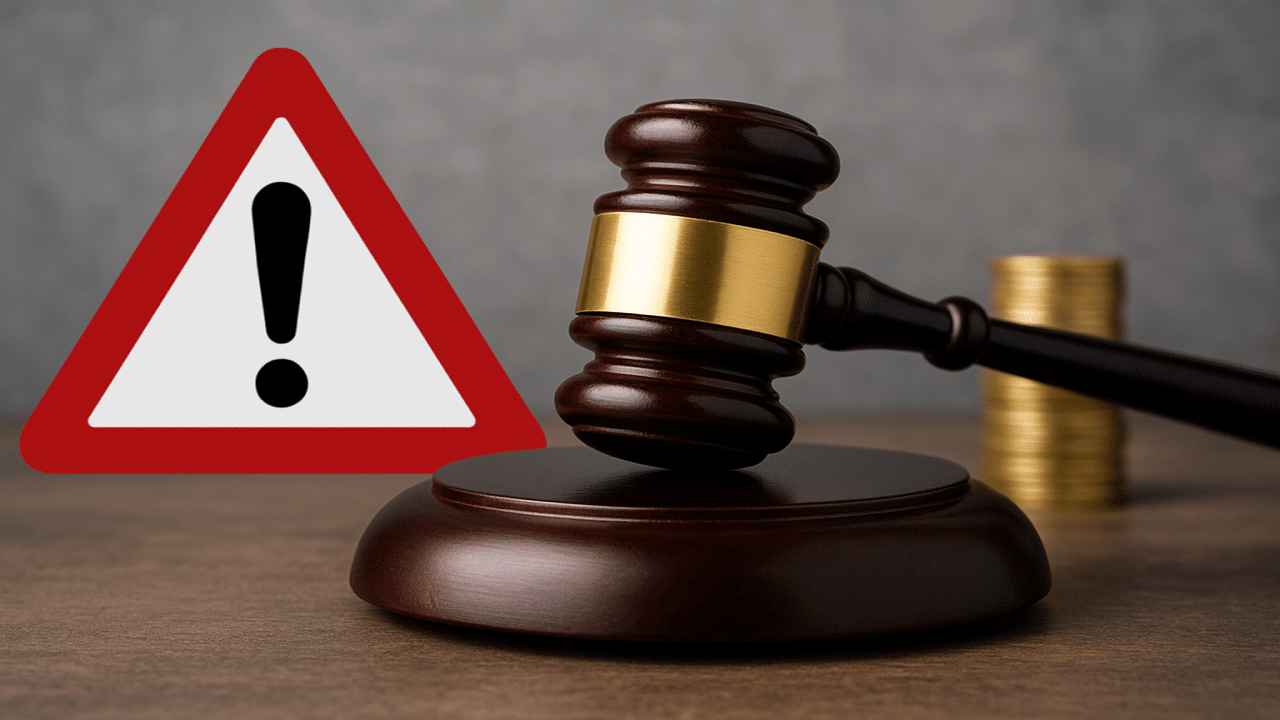



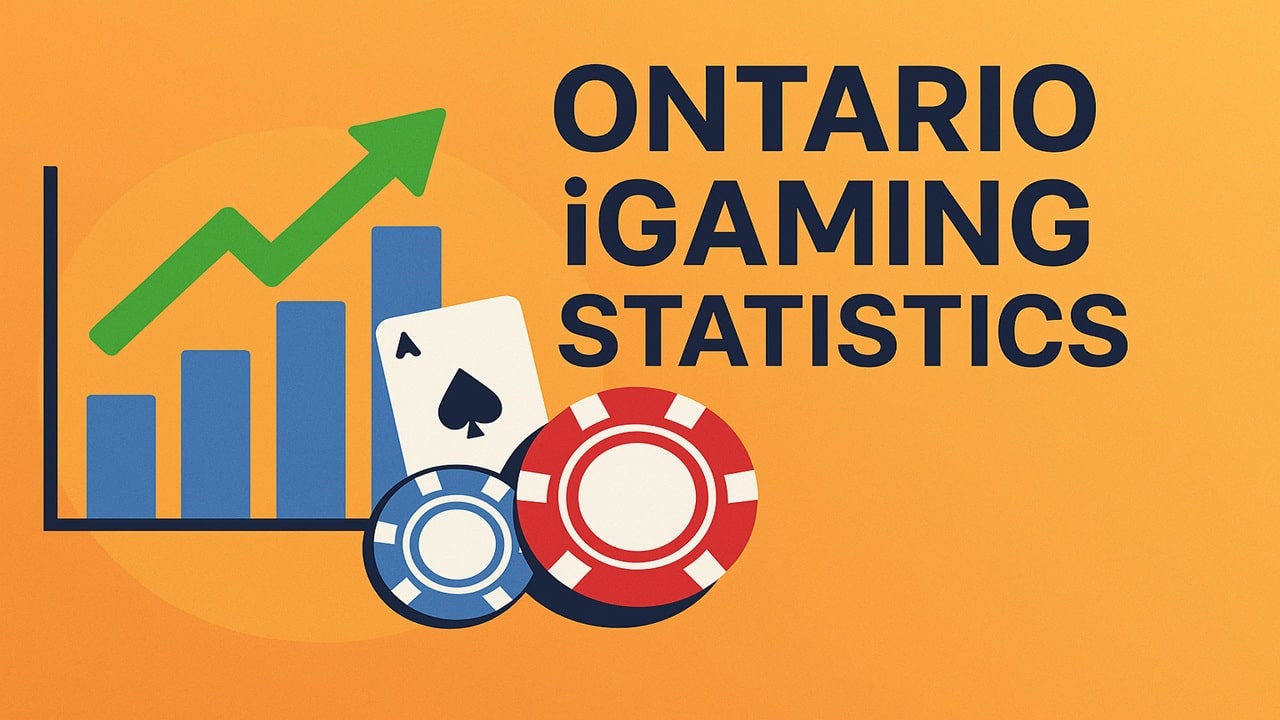

Leave A Comment